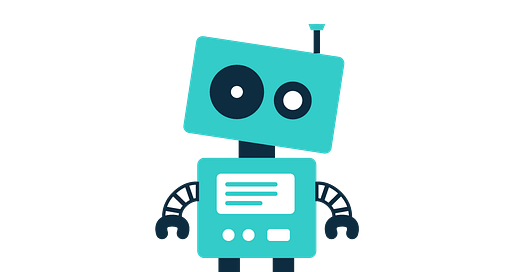3,000 researchers building a multilingual model for 101 languages. Virtual talk
Plus: LLM security issues – a video lecture
Hello, fellow human! Sophia here, sharing some of the virtual talks we’ll be hosting soon. I hope you’ll be able to join one of them. Would be great to get to know each other and discuss some cool AI stuff together.
Let’s dive in.
Table of Contents
May 16th virtual talk: Aya, a language model and open-source dataset to bring language diversity to LLMs.
May 9th virtual talk: How hardware and computational choices impact fairness in AI systems.
Video recording of our recent talk: LLM security issues associated with GPU local memory leaks.
Aya, a language model and open-source dataset to bring language diversity to LLMs
Have you extensively used LLMs for languages other than English? What’s your experience? Some of my multilingual friends complain that LLMs poorly handle generation in their native languages. That's one of the reasons why I got excited about the Aya initiative.
The Cohere For AI team brought together over 3,000 independent researchers from 119 countries to create a language-diverse open-source dataset covering 114 languages. This effort resulted in the training of Aya, a model that can follow instructions in 101 languages (it’s also openly accessible).
On May 16th, Ahmet Üstün, a research scientist at Cohere For AI who is leading the Aya initiative, will share with the BuzzRobot community the details of building the dataset and training the language model that brings language diversity to LLMs.
The talk will be recorded – I’ll share it in a couple of weeks.
Details and registration are here.
This Thursday we are hosting a talk about unfairness in machine learning systems: how hardware and computational choices during model training affect fairness in the output.
Details and registration are here.
LLM security issues associated with GPU local memory leaks: video lecture
Our guest, Tyler Sorensen, a security researcher and an Assistant Professor at UC Santa Cruz, shared details about LeftoverLocals with the BuzzRobot community. This vulnerability allows attackers to recreate the output of a large language model by exploiting GPU memory leaks.
If you are interested in learning about the GPU computation stack—the basic architecture and execution mode—I highly recommend watching the entire lecture.
Otherwise, the key takeaways are:
If you are training your models on a local machine, your device might be vulnerable to this kind of attack.
The devices impacted by the vulnerability are from Apple, AMD, Qualcomm, and Imagination. Most of them reported that the issue is addressed. The researchers haven’t heard back from the Apple team, though. It's not clear whether or not they patched the vulnerability.
NVIDIA GPUs are immune to this attack…so far.
The vulnerability was tested on an open-source LLM (the proprietary models are most likely safe).
LLM applications are potentially vulnerable to Trojan viruses.
Watch demos of the vulnerability or the full lecture.



